Here's a harsh reality of living in poverty: Being poor is expensive. It might seem counterintuitive, but people who are poor often have to spend more money in their daily lives just to get by, compared to those who live comfortably.

So recently, a viral Reddit thread asked people to share the ways that not having money in the bank can actually cost you: "In what way is it expensive to be poor?"
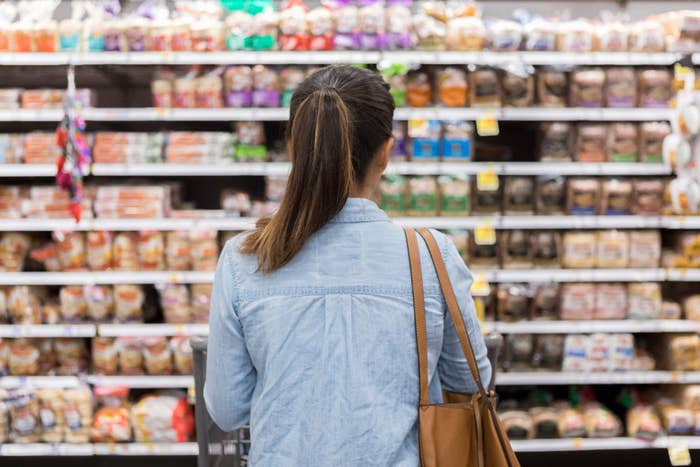
The responses were eye-opening. Here are some of the top-voted comments from users:
1. "Not having in-home laundry is a great example. Say it costs you $4 to do your laundry each week. In five years you will have spent over $1,000 on laundry. For $1,000 you can get a good washing machine that would last you through those 5 years, then another five years, and maybe a lot more. And that doesn't count the time saved doing laundry at home, and any transportation costs."
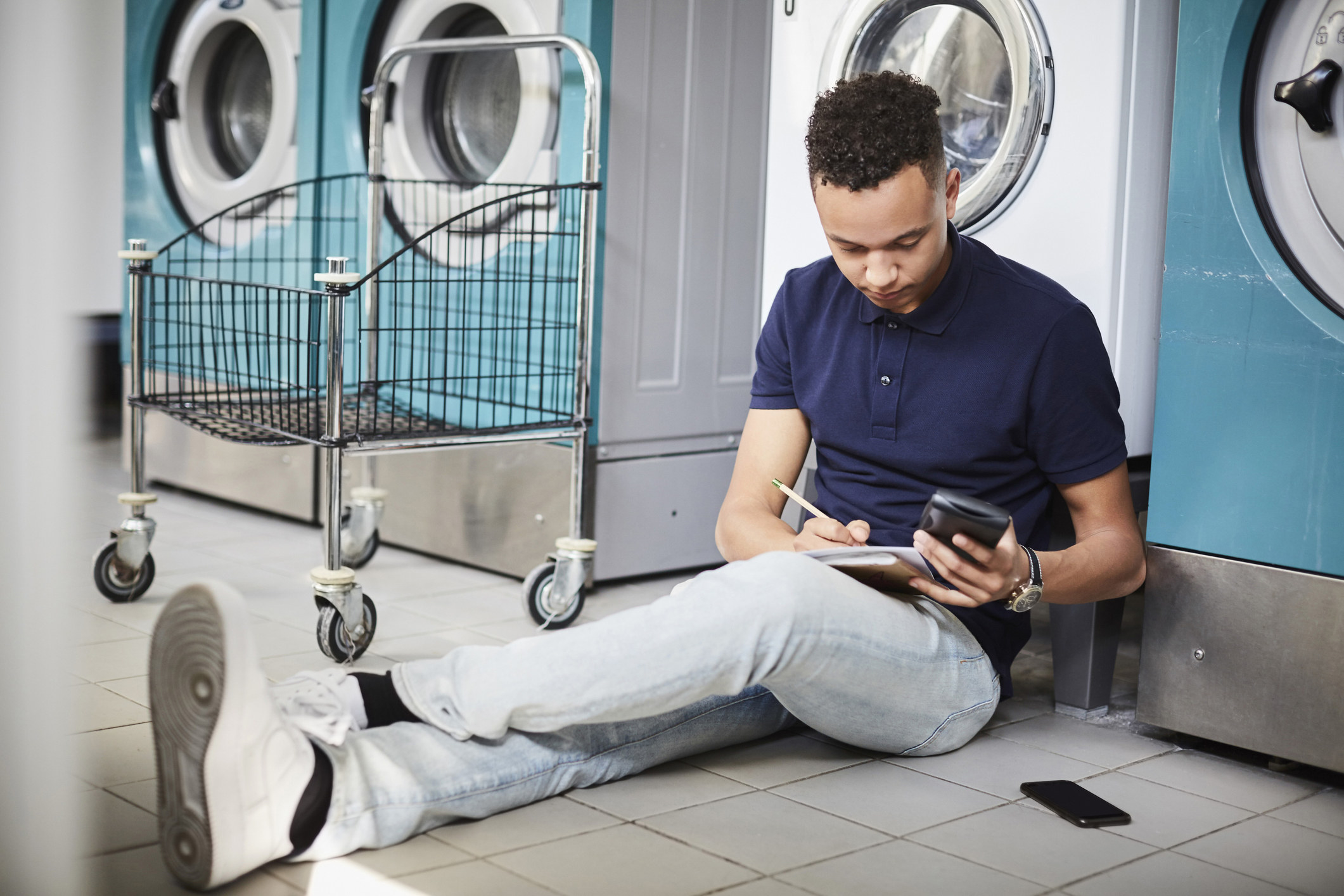
2. "Healthcare. That's the big one. If you don't have a healthcare plan, or have a shitty one, you don't go to the doctor unless it's life or death. That means small problems that could have been caught in the beginning become hugely expensive problems later on."
3. "If you're well off, you buy one pair of boots for $150 and they last a lifetime. If you're poor, you buy boots for $30 and they last a winter. You end up spending more, because you can't afford to spend more."
4. "You have to buy a cheap, unreliable car, which will inevitably cost you more in repairs, poor fuel economy, higher insurance, etc."
5. "Your shitty car breaks down, and you get fined for not having it fixed yet. Pay the fine first or else you risk jail time, and your car is still broken."

6. "My car has a leaky seal on the transmission. It'd be about $250 to replace the seal and flush the transmission. I don't have $250, so I keep topping up the fluid and keep driving it because I'll never get $250 if I don't get to work. But, in time, that's going to destroy the transmission, which will be about $1,200 to replace."
7. "When bank fees are waived if you keep above a certain amount in your account, but they start charging for the account when the amount drops under the minimum."
8. "Our roof is leaking. It’s $1,000 to fix it. I know the water damage is happening, and will be enormously expensive. But we just don’t have the $1,000."
9. "Parking tickets. I couldn't afford the $2 to pay to park my car so I get a $30 fine. After 2 weeks, it goes up to $60 and so on. If I didn't have $2 to park in the first place, I don't know how they think I can pay more."
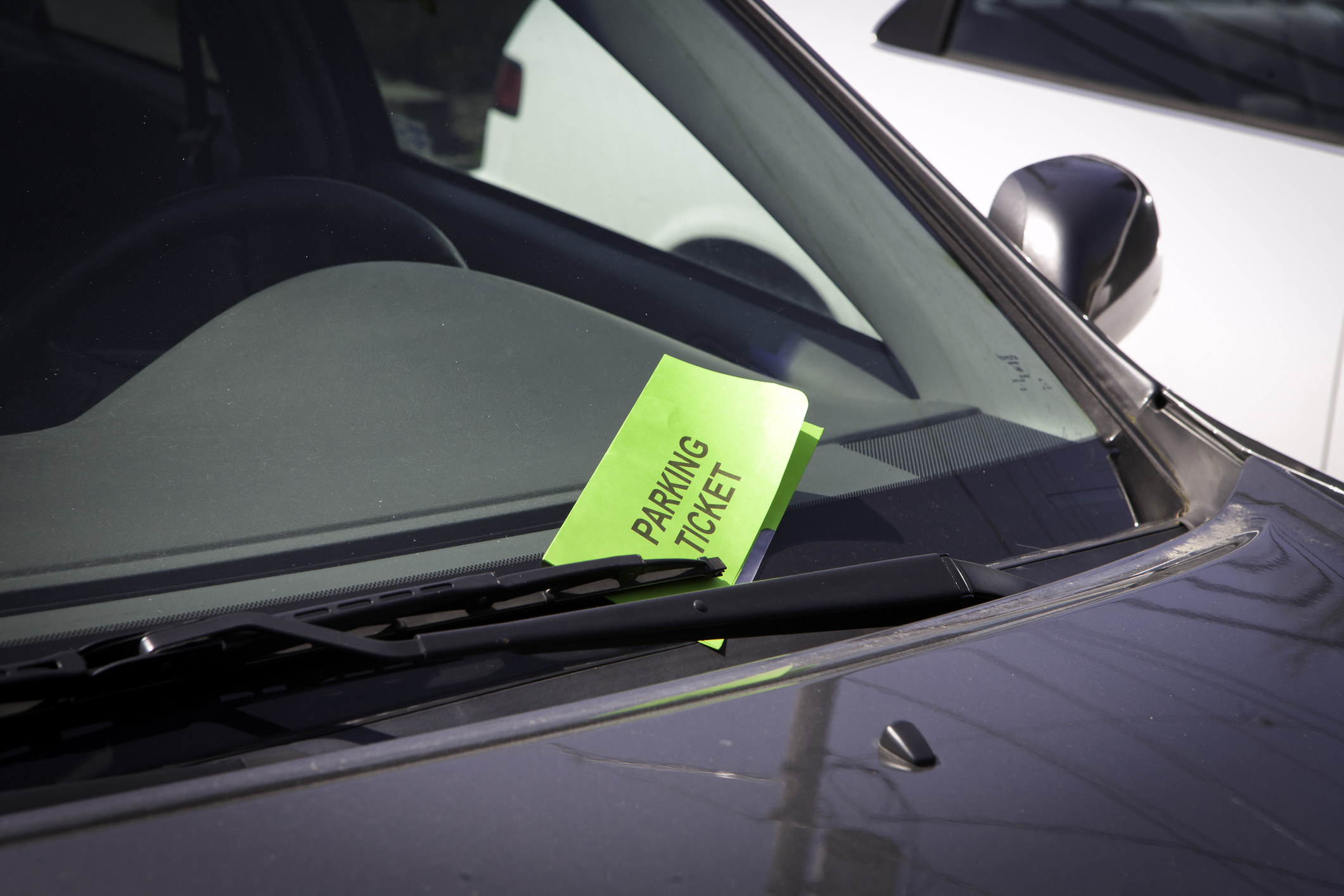
10. "If you're ever desperate enough to take out a title/payday loan, you'll discover you just stepped in financial quicksand."
11. "The justice system. If you can’t pay a fine, the state will make things more expensive by adding fees on top of fees on top of fees, then they will incarcerate you for not paying the inflated fees. Then you have to pay the parole officer who is keeping an eye on you while you are unable to get a job that pays enough to pay him."
12. "If you can't maintain a minimum balance or you don't have a bank account, you've got to pay fees to cash your paychecks. Then there are fees to buy money orders to pay your bills — or you can pay the cost of getting TO the utility office or car dealership or wherever to pay in cash."
13. "Not being able to buy more than you need to save money in the long run. The toilet paper in the larger bundle is less expensive per roll? Too bad — you can only afford the smaller package. Buying peanut butter? If you get the bigger family-sized tub of it, it's cheaper by the ounce. But if you can only afford the smallest size, too bad. It sounds like it's not a big deal, but when you're counting individual coins, the savings from buying in bulk can definitely make a difference."

14. "Being stuck with higher interest rates because you don't have enough credit to get low rates."
15. "If you’re poor you already have no or very little money to invest in yourself, so you have to take on debt to do so. If you want to get technical certifications or degrees, sometimes there’s financial assistance but a lot of the time taking on loans is necessary."
16. "Food deserts, where everything at the single grocery store for miles around is marked WAY the hell up because its shoppers usually pay in food stamps and/or have nowhere else to go."
17. "In some cities, you have to pay a fine if you're caught panhandling. Homeless people literally have to pay money for asking for money."
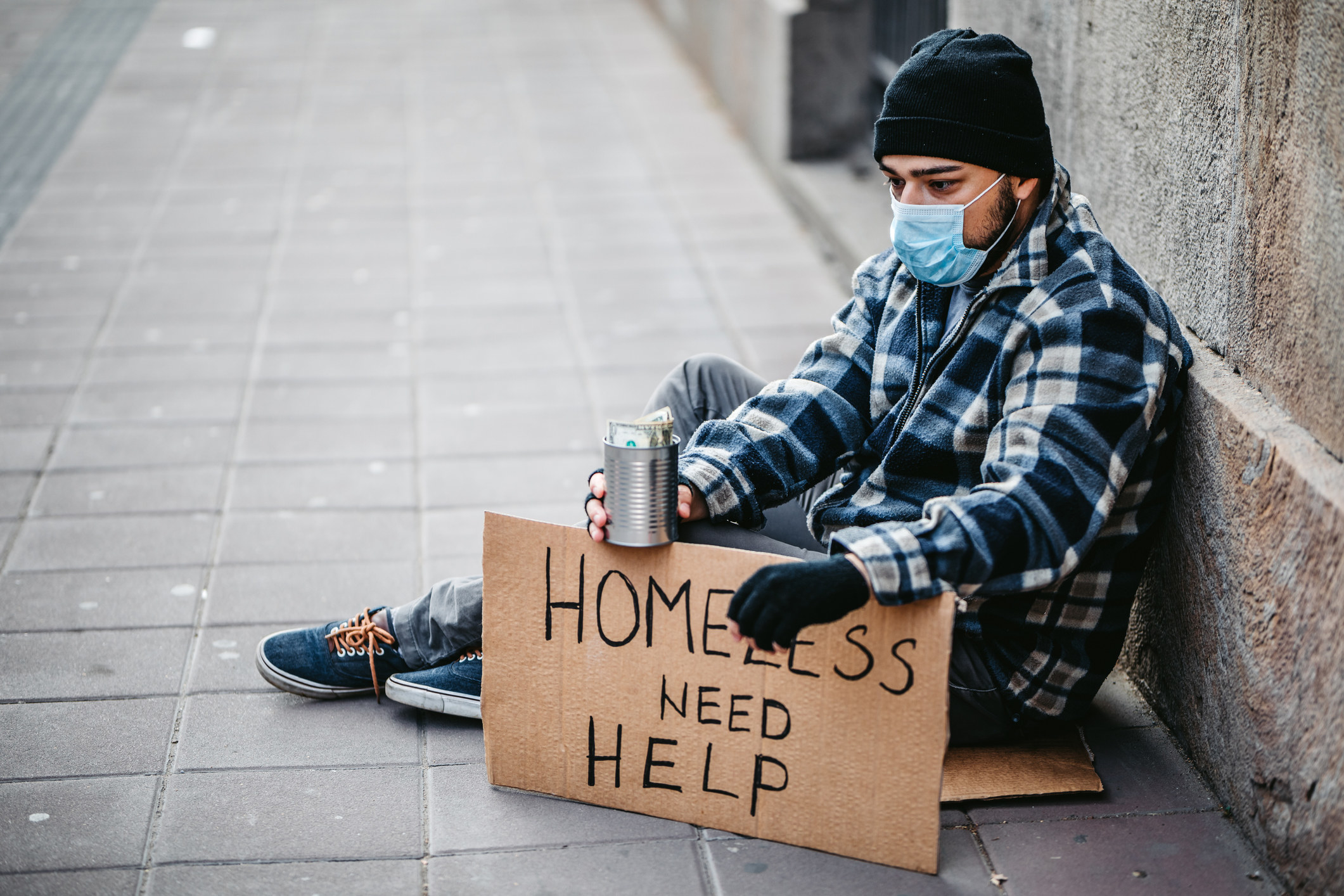
18. "You can’t afford a $800/month mortgage according to the bank, so you get to pay $1,200/month in rent!"
19. "I once had to pay money so I could set up a payment plan because I had no money. Because I was too broke, I had a bunch of late fees, so a $100 ticket ended up being around $1,500 when all was said and done."
20. "If you want healthy food, that costs money. But eating cheap and unhealthy food, while it may sustain you, will inevitably lead to poorer health. Bad health will cost you."
21. "Not having a kitchen and having to rely on fast food for all your meals."
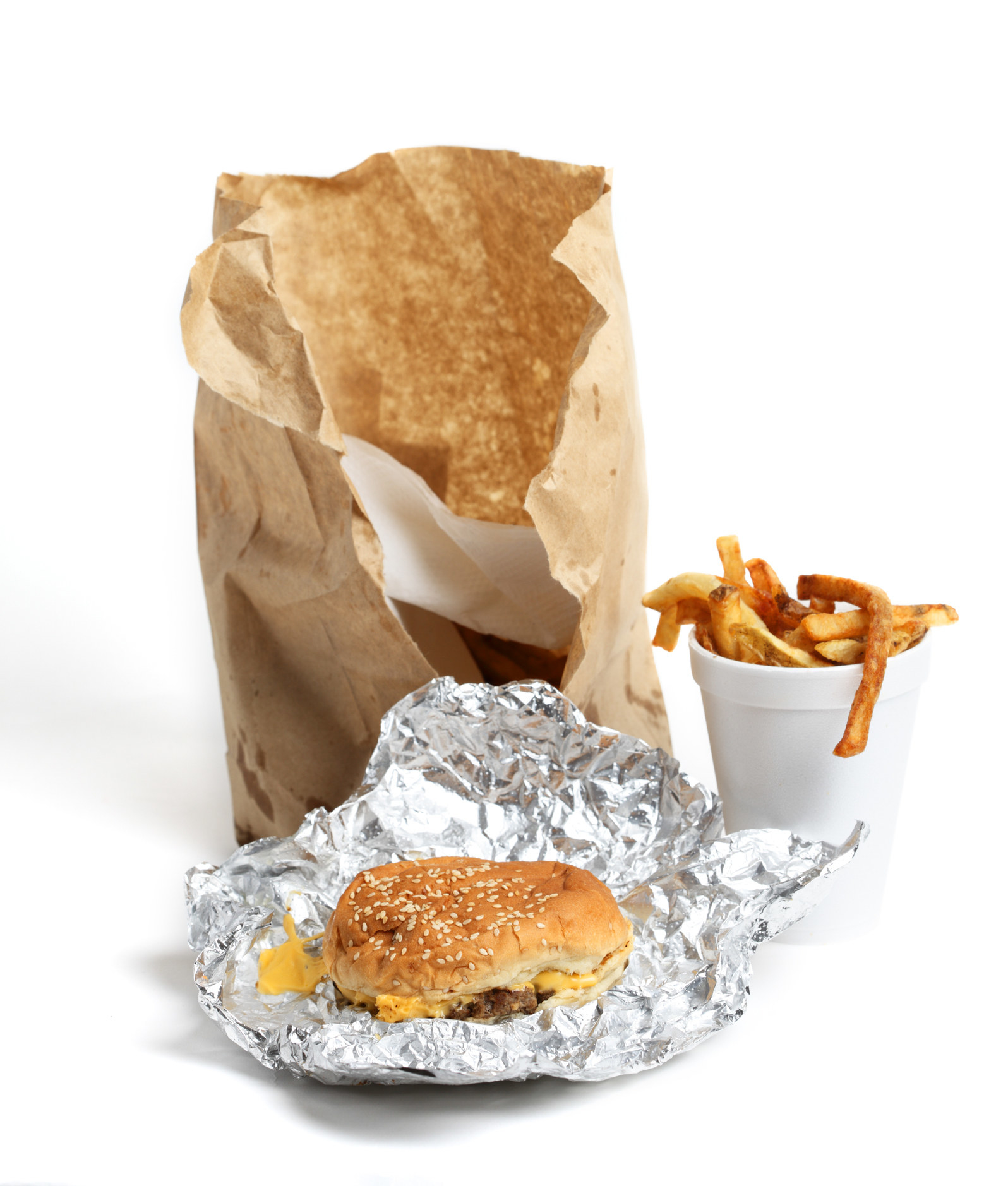
22. "If you're poor, you don't buy phones, you buy shitty phone financing plans, where you pay way more overall at some monthly rate."
23. "Low-paying jobs like factory work can be physically harmful, and you can be treated like garbage because it's cheaper to pay out the occasional lawsuit and medical expenses rather than change the factory's practices and make it less efficient to be safer."
And finally...
24. "Time is money. If you rely on public transportation, especially somewhere where it isn't efficient, then it can take an hour-plus on the bus just to get somewhere, and then another hour back home, as opposed to 10 minutes of driving. If so much of your time goes to traveling to and from work each day, you don't have the time or energy to learn new skills, cook for yourself, etc., resulting in more expensive habits like eating out more, and so on."

You can read the full thread of responses here.
Note: Some responses have been edited for length and/or clarity.
